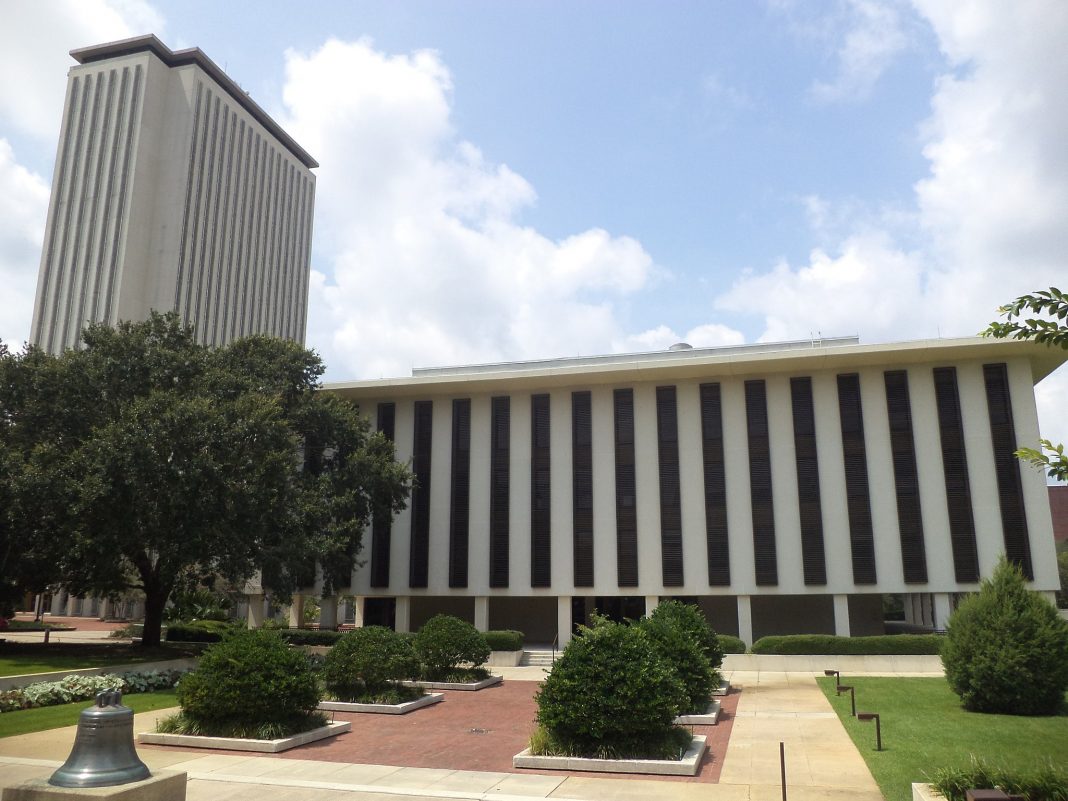Update 2/2/2023: In light of Gov. Ron DeSantis rejecting the AP African American Studies course for high schools in Florida last month, College Board has released an updated course framework, after receiving this feedback. The College Board has officially released the 28 week timelines of 79 topics to be covered for the course, which will be diverged into four core unites: “Origins of the African Diaspora,” “Freedom, Enslavement and Resistance,” “The Practice of Freedom,” and “Movements and Debates,” according to CNN. The course is anticipated to become implemented in every school in the 2024-25 academic year, with the first official College Board subject exam in the Spring of 2025.
Recently, Florida has been a forefront on the debate for what should be taught to children in school, including the controversial Don’t Say Gay Law and Stay W.O.K.E Act. Last week, Florida Gov. Ron DeSantis furthered his policies on education reform surrounding history and education when his administration banned the College Board Advanced Placement (AP) African American Studies course from being taught in high schools.
DeSantis has claimed that the course implements “a political agenda” in the classroom, according to NPR. The course, however, is taught nationwide and allows students to receive college credit, as is the overall objective of College Board’s AP courses.
“You learn all the basics you learn about the great figures and you know, I view it as American history. I don’t view it as separate history,” DeSantis said to CNN.
Current Director of African American Studies at the UM, Marlon Moore, is concerned with what the ban means for those high school students who rely on AP courses to financially aid them in college. Moore noted that College Board would likely not create a “separate but equal” version of the course, solely to appease Florida’s Department of Education (FDOE) and as a result, would give Florida’s private school students more of an advantage.
“Florida’s public high school students will be denied key curricular opportunities, while their peers in Florida’s private schools and in public schools in other states will gain financial and scholastic advantages,” Moore said, speaking as a former student and military veteran from a working-class background. “This is because, while every school has a different acceptance policy, AP courses may lead to AP exam credit, which many families rely on as part of a strategy to lower their tuition costs.”
The FDOE, however, has approved other types of AP history courses in the past, such as European History, US History and World History, which are history courses predominantly centered around the white population.
Aside from the disadvantages that would be implemented for Florida public students, some students themselves believe it is important that they are taught about America’s full history, as African American history and American history are intertwined, according to freshman pre-law student, Jill Zimmerman.
“African American history is a part of American history and always will be, not only due to slavery and racism but due to civil rights, pop cultural, political and overarching cultural impacts of African Americans in this country,” Zimmerman said. “By banning this course it can lead to misunderstanding, enforced stereotypes and erasure of not only monumental moments in African American history, but American history as well.”
The course was presented to states as a pilot program, which means it was not officially and completely proposed in Florida and would not be fully taught in schools until 2024. However, the FDOE released its concerns found in the course content, which included intersectionality, Black queer studies, Black Lives Matter, Black feminist literature, the Reparations Movement and current Black study and black struggle.
Although the FDOE gave a list of reasons why each of these topics should not be taught, Calla Hummel, a political science professor at UM highlights that it is important that students learn about these concepts, as it gives light to the inclusivity that each student should feel as they learn about history.
“We have a body of evidence that shows that concepts like intersectionality and Black queer history do describe people’s experiences around the world and are important to be taught in schools,” Hummel said. “There are plenty of Florida students who are Black and queer and should see their experiences reflected in their curriculum, like any other student.”
The course is intended to teach students about the embedded social injustices in US history for Black Americans and to challenge students to understand the cultural influences on the discriminatory issues and movements that the country has seen.
Florida’s overall limitations to education for students, including this course, will arguably disadvantage not only their high school education, but their futures.
“High school graduates from Florida are already disadvantaged in the workplace and spaces of higher learning by the perception of Southern cultural and intellectual inferiority and the fact that the state’s education system is ranked 32nd in the country,” Moore said. “The FDOE’s decision will only further disadvantage them.







